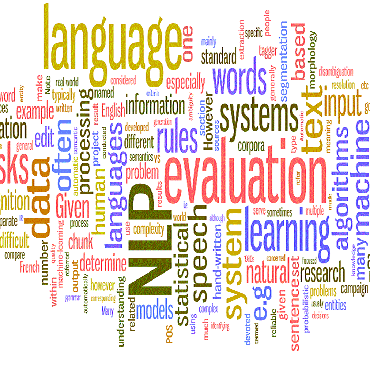Colexification refers to the phenomenon of multiple meanings sharing one word in a language. Cross-linguistic lexification patterns have been shown to be largely predictable, as similar concepts are often colexified. We test a recent claim that, beyond this general tendency, communicative needs play an important role in shaping colexification patterns. We approach this question by means of a series of human experiments, using an artificial language communication game paradigm. Our results across four experiments match the previous cross-linguistic findings: all other things being equal, speakers do prefer to colexify similar concepts. However, we also find evidence supporting the communicative need hypothesis: when faced with a frequent need to distinguish similar pairs of meanings, speakers adjust their colexification preferences to maintain communicative efficiency, and avoid colexifying those similar meanings which need to be distinguished in communication. This research provides further evidence to support the argument that languages are shaped by the needs and preferences of their speakers.
翻译:语言交叉化模式被证明在很大程度上是可以预测的,因为类似的概念往往会相互僵化。我们测试了最近的一个说法,即除了这一普遍趋势外,交流需求在形成灵活性模式方面起着重要作用。我们通过一系列人类实验,利用人工语言交流游戏模式来处理这个问题。我们在四个实验中得出的结果与先前的交叉语言调查结论相匹配:所有其他情况相同,发言者确实愿意将类似概念加以校正。然而,我们也发现一些证据支持交流需要假设:在经常需要区分类似的含义时,发言者调整其灵活化的偏好,以保持交流效率,避免在交流中需要区分的类似含义。这一研究提供了进一步的证据,支持关于语言是由其发言人的需要和偏好所左右的论点。



